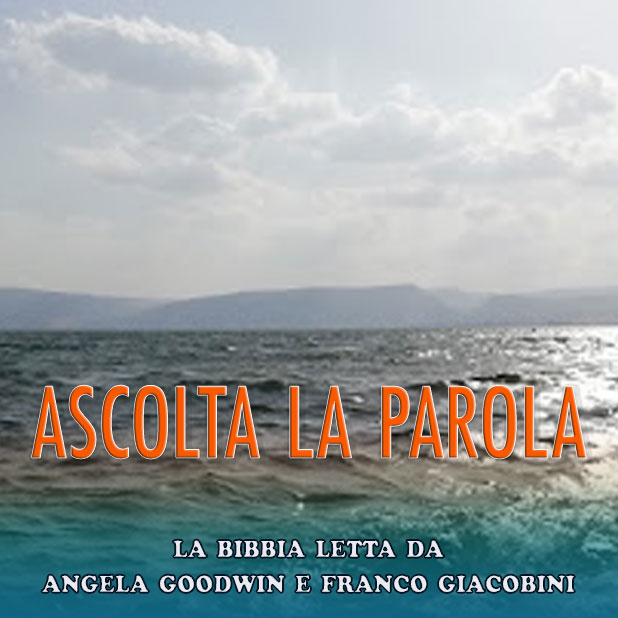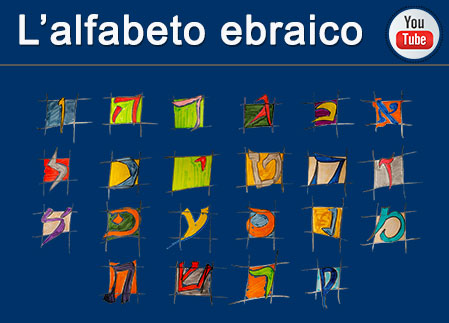Paul VI
Città del Vaticano 01/1975
Members,Catholics and Jews, members of the Committee linking the Catholic Church and Judaism worldwide, you have decided, a little over a year ago, in your meeting at Antwerp, to hold your fourth annual meeting in Rome. We are happy about this decision that you meet this time in the city which is the center of the Catholic Church: this has made it possible for us to have this fraternal meeting this morning.
Your session is being held soon after the constitution, last October, of a Commission of the Catholic Church for religious relations with Judaism. Its first important act was that of publishing, a few days ago, the Orientations and Suggestions for the application of the Vatican II declaration "Nostra Aetate" in the field of Judeo-Christian relations.
We shall not deal here with the details of this document (addressed to the faithful of the Catholic Church by its central authority) which undoubtedly has been, together with the question of human rights and other problems, one of the subjects of mutual study and reflection which have occupied your session.
This text evokes the difficulties and oppositions, with all their possible unpleasantness, which marked relations between Jews and Christians over the last two thousand years. If this reminder is healthy and indispensable, it must not be forgotten that over the centuries, there have also been relations between us which were not at all hostile. There are still many people who can witness to how much the Catholic Church did during the last war, in Rome itself, under the energetic impetus of Pope Pius XII – we ourselves have witnessed this personally – and what was done by countless bishops, priests and faithful of different European countries, at times risking their own lives, to save innocent Jews from persecution.
On the other hand, looking at history as a whole, it is impossible to overlook the relations, too often too little known, between Jewish thought and Christian thought. We recall here just the influence exercised in different times, in the most prestigious environments of Christian reflection, by the great Filone d'Alessandria, considered by Jerome as "the greatest sage among the Jews", an opinion confirmed by the Franciscan doctor, Bonaventure of Bagnoregio, among others. Furthermore, precisely because of the fact that the Catholic Church has just commemorated, at the same time as the seventh centennial of the death of Bonaventure of Bagnoregio, that of the most famous philosopher and theologian Thomas Aquinas, who died in 1274 as did Bonaventure, we are immediately reminded of the numerous references of our Angelic Doctor to the work of the wise Rabbi of Cordoba who died in Egypt at the dawn of the thirteenth century, Moshe ben Maimon, in particular to his explanations of the Law of Moses and the precepts of Judaism.
On its part, the thought of Thomas Aquinas had to be spread in turn in the scholastic tradition of Medieval Judaism: as was shown, for example, by the research of professors Charles Touati, of the École des Hautes Études of Paris, and Joseph Sermoneta, of the Hebrew University of Jerusalem, there existed in the Latin west, at the end of the thirteenth and during the fourteenth century, a whole school of Jewish Thomistic thought.
These are only some from among many possible examples. They bear witness that there existed, in different epochs, at a certain level, a true and profound reciprocal high esteem and the conviction that we had something to learn from each other.
Now, dear members, we express the sincere hope that, in a form appropriate to our time and therefore in sectors which in some way go beyond the limited field of purely speculative and rational exchanges, it will be possible to establish an authentic dialogue between Judaism and Christianity.
Your presence here, as among the most authoritative representatives of world Judaism, bears witness to the fact that my personal wish finds some echo in you. The terms in which we express it, the assistance of the zealous Cardinal president of the Commission for religious relations with Judaism, that of our colleagues in the episcopate, the archbishop of Marseilles and the bishop of Brooklyn, tell you enough with what loyalty and with what collegial decision the Catholic Church desires that this dialogue with Judaism be developed at the present time and to which Vatican Council II invited us with the Declaration "Nostra Aetate" (no. 4).
We trust that such dialogue, conducted in great mutual respect, will help us to get to know each other better, and will lead us both also to know better the Almighty, Eternal God, to follow more faithfully the path that has been laid out for us by he who, according to the words of the Prophet Hosea, is the saint in the midst of us, who does not love to destroy (Hosea 11,9).
We dare to think that the recent solemn affirmation of the repudiation by the Catholic Church of every form of anti-Semitism, and the invitation which we have made to all the faithful of the Catholic Church to listen in order "to learn to know better by means of what characteristics the Jews define themselves in their lived religious reality", set on the part of Catholics the conditions for beneficial developments, and we have no doubt that, on your part, you will correspond, according to your particular prospects, to our efforts which cannot make sense and be fruitful unless done in reciprocity.
In the prospect of friendliness and liking which we have evoked at the sacred College last December 23rd, we send to you here present, your families, and much more broadly still to all the Jewish people, our best wishes for happiness and peace.
[transl. from the Italian by Patricia Mc Cormikc for SIDIC-ROMA]
2489 visualizzazioni.
Inserito 01/01/1970
Relazioni Ebraico-Cristiane
Ultime novità nel sito
- 19/04/2020: Articolo - L’enigma della Maddalena
- 23/02/2020: Articolo - Il locus amoenus nelle catacombe ebraiche e cristiane di Roma
- 16/02/2020: Articolo - Il profetismo nel Vicino Oriente antico
- 13/02/2020: Articolo - I Profeti della Cappella Sistina
- 09/02/2020: Articolo - Gerusalemme e la Terra Santa di Israele


